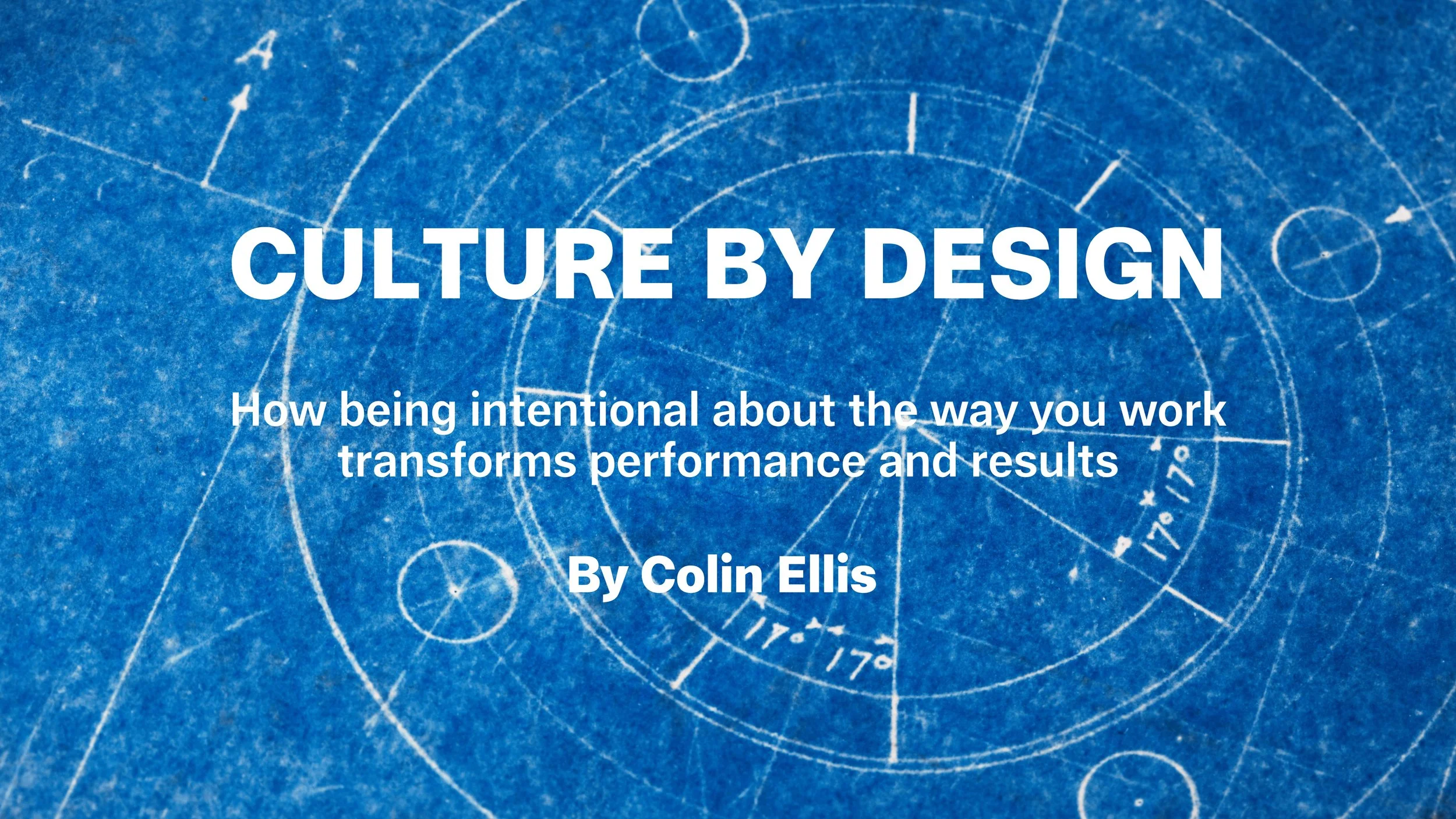Attention poverty
In a 1971 paper, economist and future Nobel Prize winner Herbert A. Simon observed: "What information consumes is rather obvious: it consumes the attention of its recipients. Hence a wealth of information creates a poverty of attention." His point was prescient, when we have abundance in one area, we inevitably create scarcity elsewhere.
Consider an American diner menu with 200 options. That wealth of choice creates a poverty of decision-making ability, you spend more time deciding than enjoying your meal!
Work operates identically. When employees juggle countless applications, notifications, and information streams (most trivial, some important) they inevitably develop a poverty of attention. This manifests itself as overwhelm, procrastination, and disengagement from meaningful work.
Recent research validates Simon's prediction. 92% of employers now identify workplace distractions as a major organisational problem. Workers are constantly interrupted and it can take as long as 15 minutes to refocus.
The cultural cost is staggering: US businesses alone lose $650bn annually to distracted employees. Yet most organisations continue flooding workers with applications and information rather than protecting their attention.
Vibrant cultures recognise attention as their most precious resource. They don't just identify tools and activities that generate attention poverty, they systematically eliminate them, freeing up time to do work that matters.
The question isn't whether your organisation has an attention problem, it's whether you're brave enough to solve it. Because in a distracted world, sustained focus becomes your greatest cultural differentiator.


